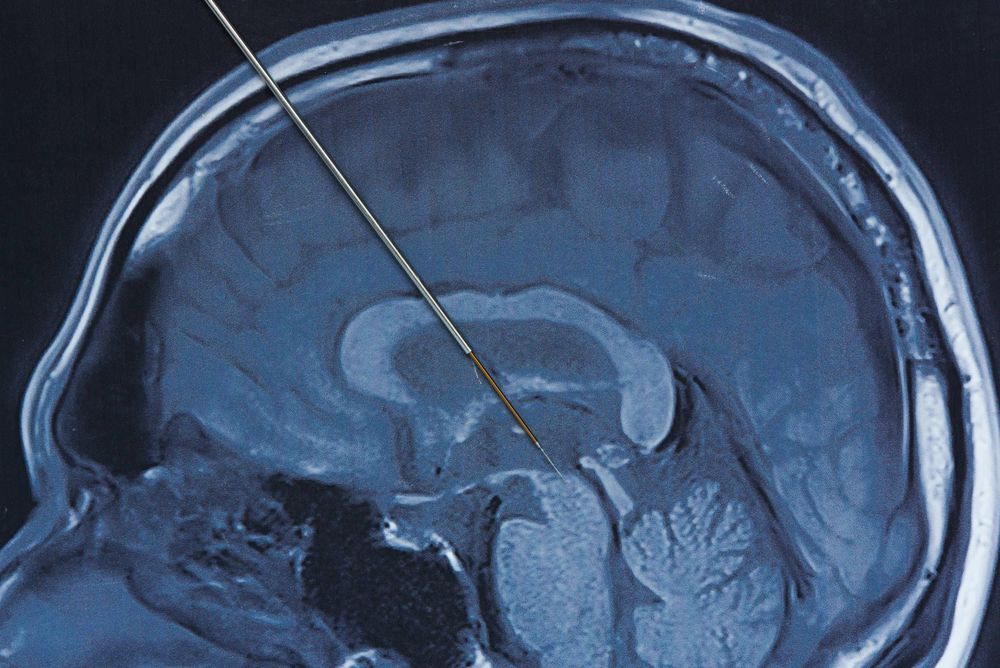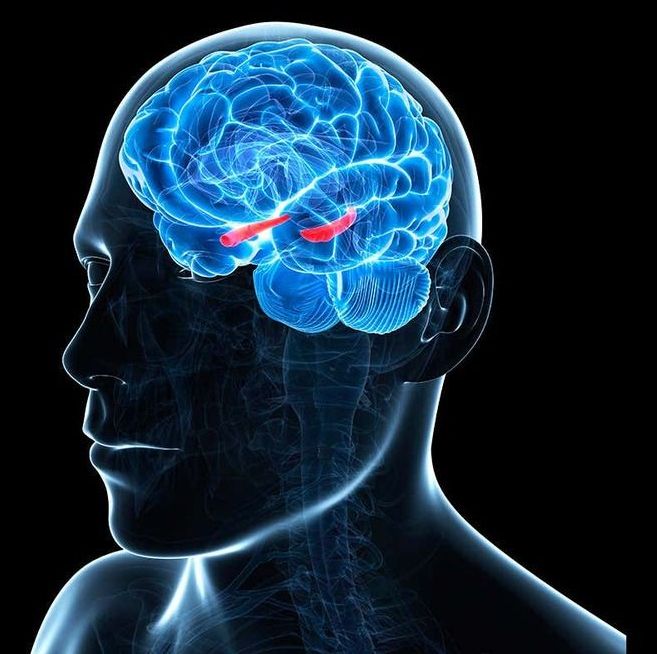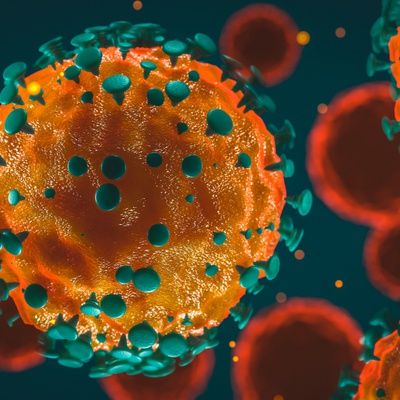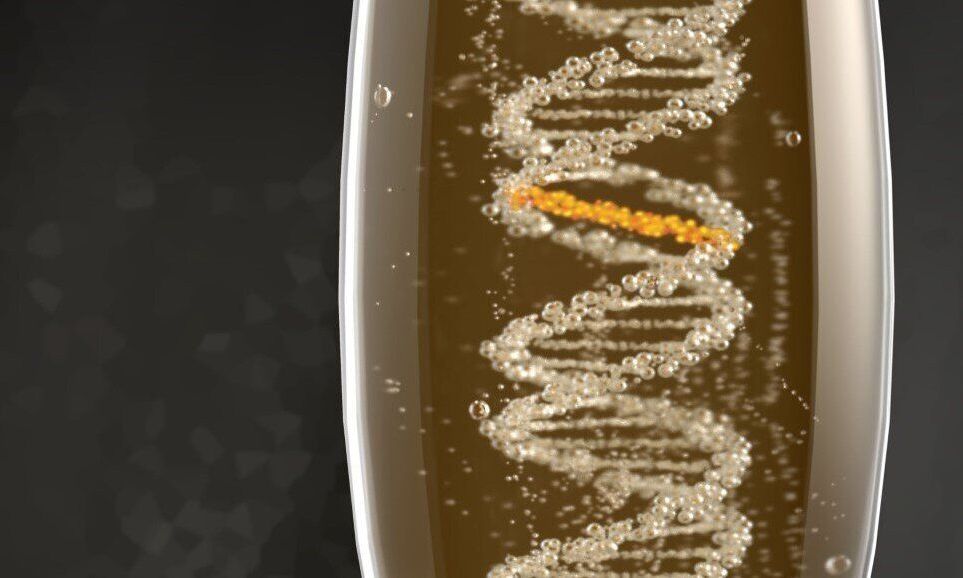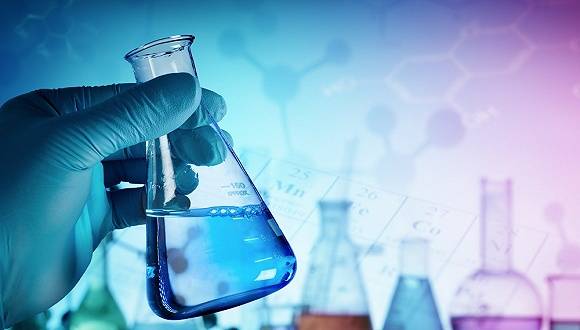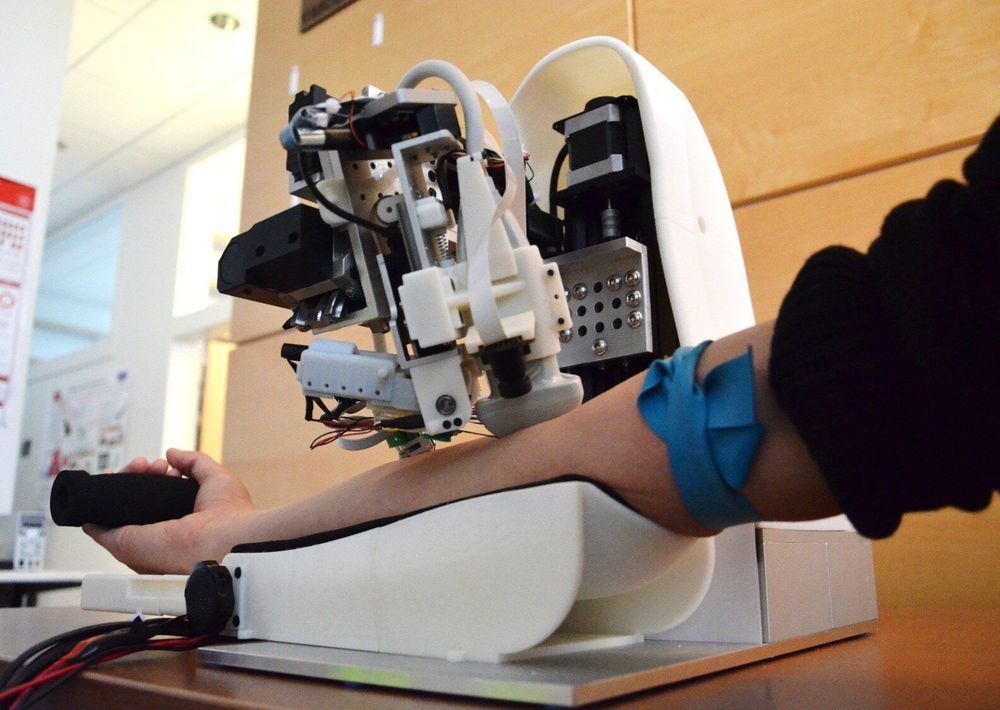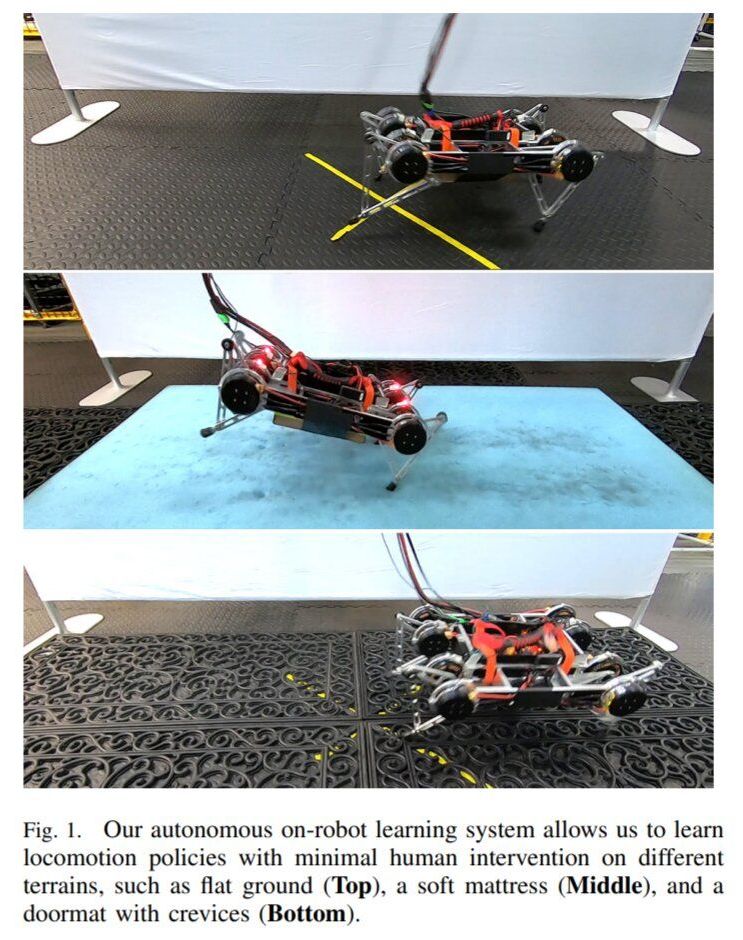Mar 5, 2020
Why Pioneer Neurosurgeon Wilder Penfield Said the Mind Is More Than the Brain
Posted by Saúl Morales Rodriguéz in categories: biotech/medical, neuroscience
The patients always knew that when he stimulated their arm, it was him doing it, not them. And when they stimulated their arm, they were doing it, not him. So Penfield said, he couldn’t stimulate the will. He could never trick the patients into thinking it was them doing it. He said, the patients always retained a correct sense of agency. They always know if they did it or if he did it.
So he said the will was not something he could stimulate, meaning it was not material.
Continue reading “Why Pioneer Neurosurgeon Wilder Penfield Said the Mind Is More Than the Brain” »
